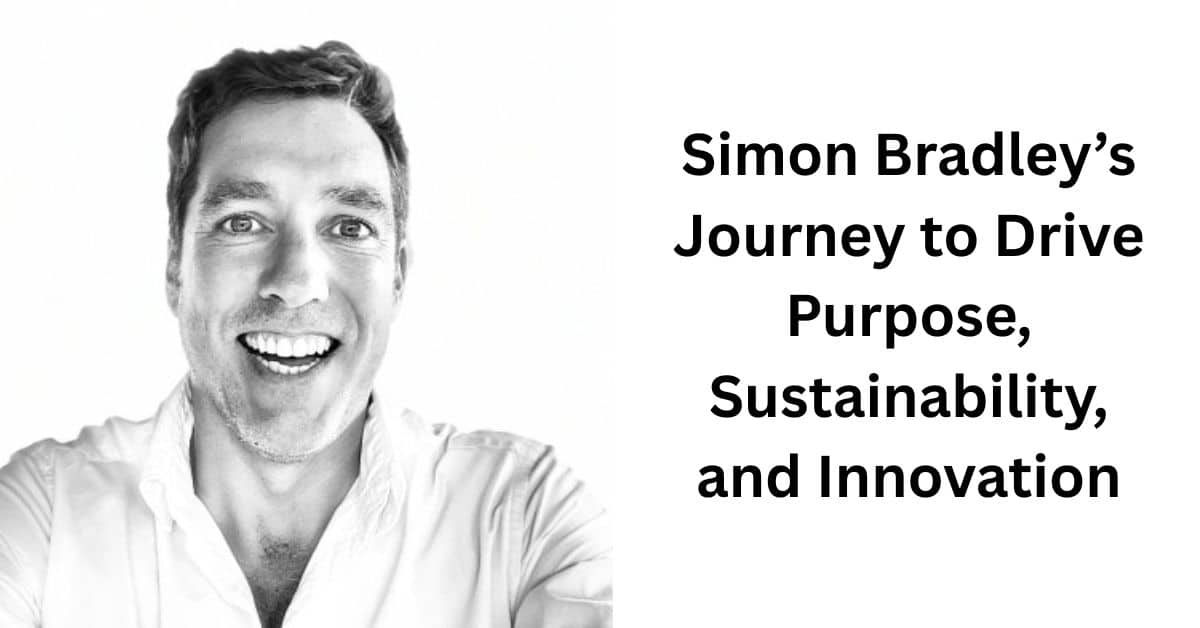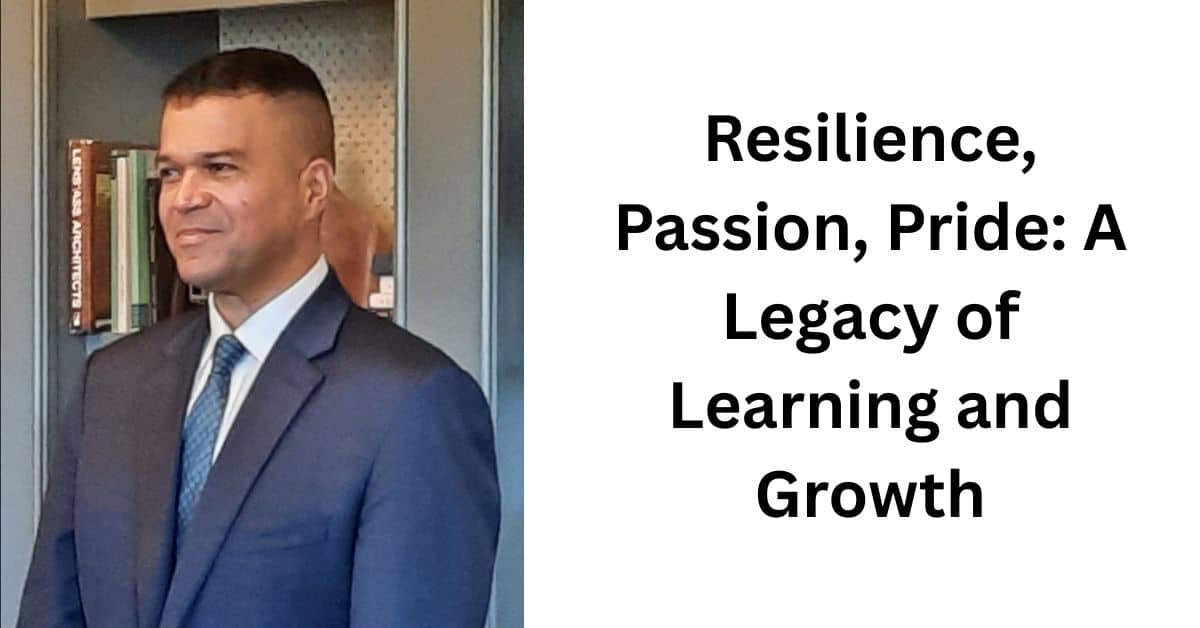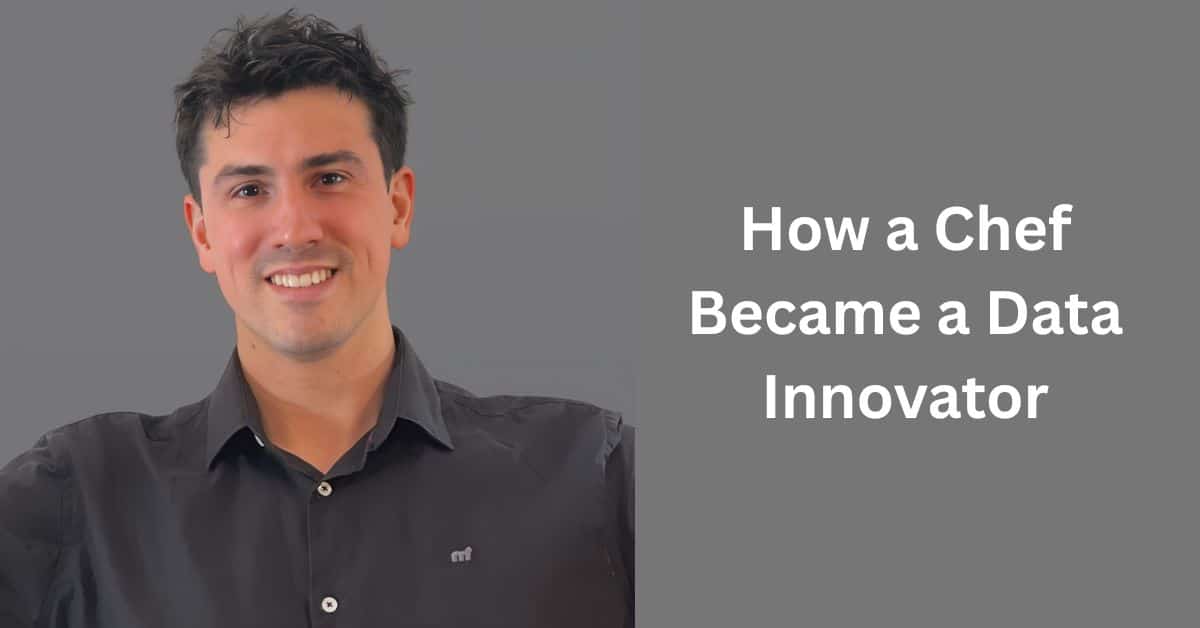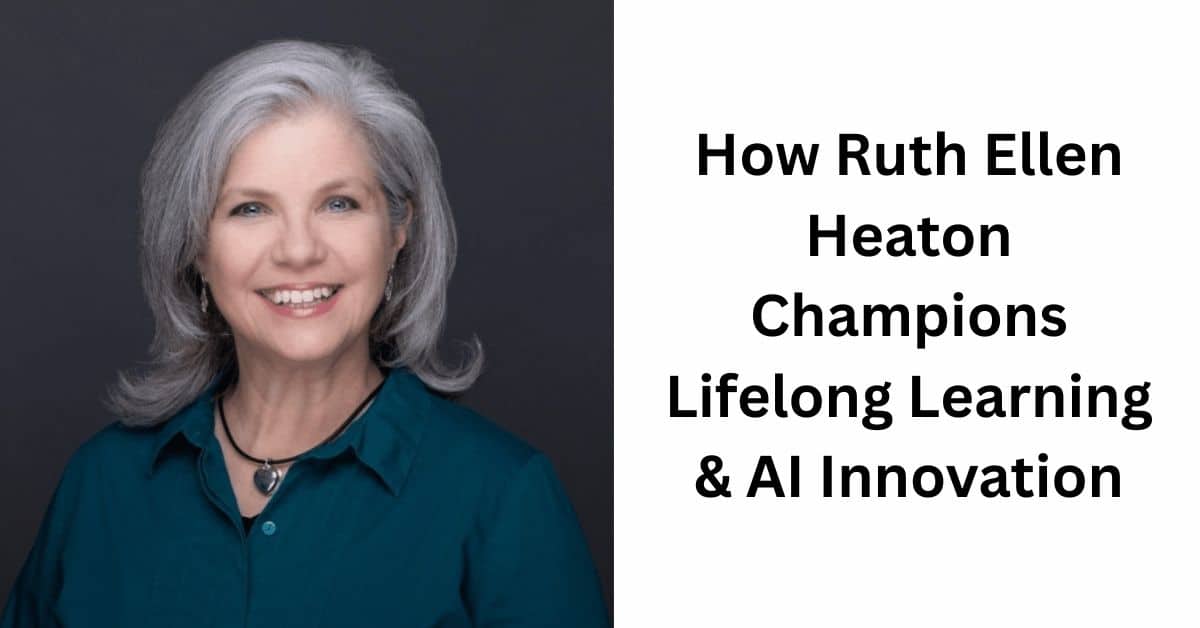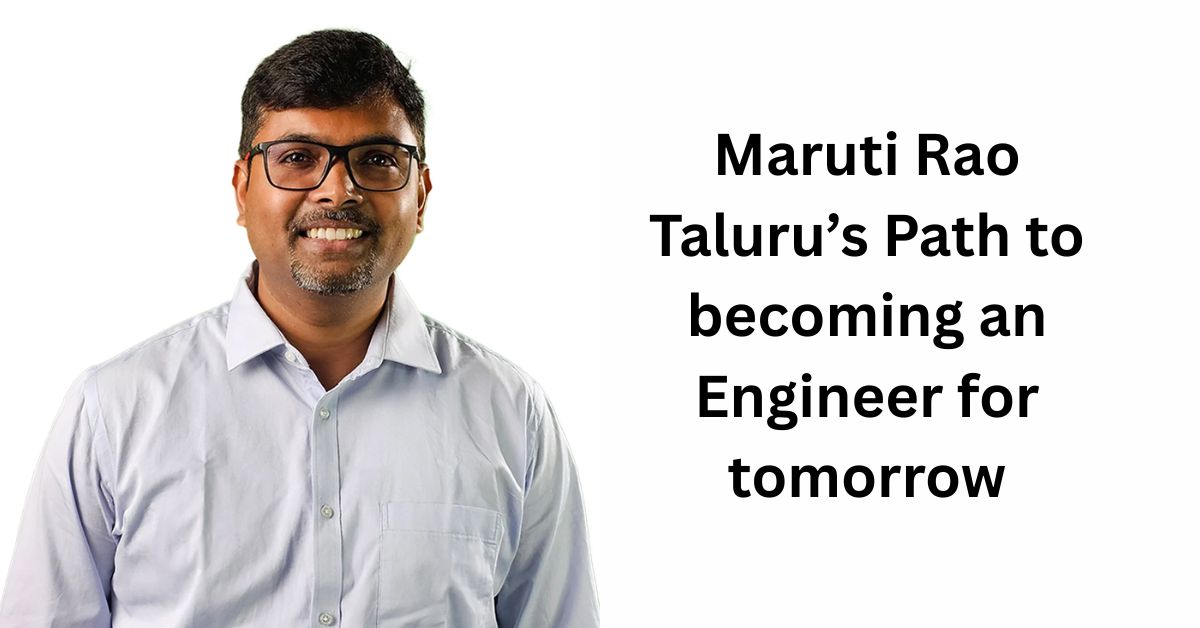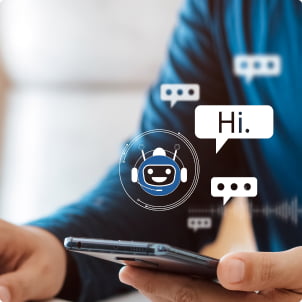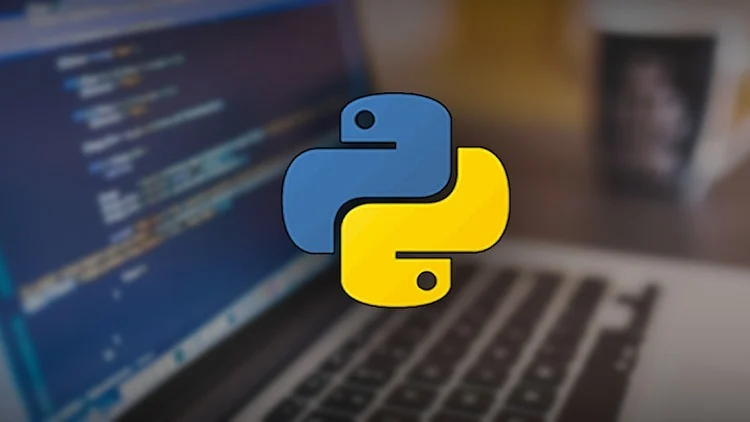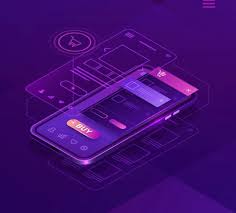A Career Built On Purpose And Innovation
Simon Bradley’s career journey is rooted in communication, marketing, and a deep commitment to making a positive impact. Originally from Ireland and now settled in Switzerland with his family, Simon has spent years working across both nonprofit and for-profit sectors. His professional focus has always been aligned with purposeful missions that contribute to global challenges, particularly those connected to the UN’s Sustainable Development Goals.
Alongside a successful career, Simon recognized the growing role of technology and Artificial Intelligence in shaping communication strategies and sustainable development initiatives. “I believe, as many do, that we can solve many of our problems through technological innovation,” he says.
What sets Simon apart is his vision of using technology as a force for good. His plans include leveraging AI for improving agriculture through better data-driven practices. His passion for purposeful work and innovation led him to enroll in the No Code AI and Machine Learning Program by MIT Professional Education. With no technical background, he wanted a way to engage meaningfully with AI and learn hands-on applications that would amplify his impact in the field of sustainable solutions.
Exploring AI Without a Technical Background
What made Simon take this step toward AI learning was both curiosity and necessity. “Having no background in terms of coding or IT, I thought this was a great way in to learn and to get hands-on experience with not just the concepts and tools, but the thinking behind them,” he explains.
The program offered him structured guidance without oversimplifying the content. It allowed him to understand AI’s role in data-driven solutions, customer interactions, and communication strategies while making room for experimentation and real-world applications. “The program was really useful for me to get practical exposure to a very rapidly evolving and technical area and give me an understanding of how to work with it,” he shares.
It was this hands-on experience that sparked Simon’s excitement. Weekly projects pushed him to apply his newly gained knowledge immediately. The sense of discovery, learning by doing, and collaborating with peers made the subject matter approachable and engaging.
Using AI to Protect the Planet
Simon’s vision goes far beyond learning AI as a technical skill. His goal is to apply what he learned to address environmental and agricultural challenges. I see this program as a way to bring my learning into practice, especially in areas like agriculture and technology, food systems, precision data collection, and integrated farming,” he explains.
His consultancy, ‘Weekandoo’, focuses on developing marketing strategies for startups and established businesses that aim for nature-positive solutions. Simon believes that understanding AI is crucial to making informed decisions about sustainability policies and scaling innovative solutions. “With the right data, we can figure out objectively how to plan and manage resources, including land and marine ecosystems, and find equitable solutions for all living species,” he says. His plans include leveraging AI for species conservation and improving agriculture through better data-driven practices. These ideas reflect his commitment to using technology as a force for good rather than merely as a business tool.
When Family Becomes Part of the Learning Journey
Learning AI while managing a career and family wasn’t easy. Simon’s day-to-day life involves work with clients, family responsibilities, and personal commitments. Yet he remained determined to pursue this learning. “There’s flexibility in the program that really mattered. There’s a schedule, but it also allows you to manage your own time and balance work and learning,” he says.
Late nights and weekend hours became part of his routine. “There were some late-night calls and pulling some hours to meet weekly deadlines, but the program structure made it possible,” he adds.
His family, especially his elder daughter, played a pivotal role. “She’s a little bit older and is able to take an interest and chat about what AI could mean for the future. That made the program a little more relevant and fun,” he shares. The personal connection to his learning helped him push through challenges and stay motivated.
A mindset for lifelong learning
For Simon, this journey has always been about more than acquiring technical skills. It’s about staying curious, embracing challenges, and finding ways to contribute meaningfully. “AI is pervasive. It’s already being deployed and used effectively in marketing and other fields. I recognized early on that this learning was a necessary and proactive step to take,” he says.
His approach reflects a mindset that values hands-on experience over theoretical knowledge alone. “By doing this program, I was kind of living my purpose, to live by doing. Even if I’m not very good at it, I will try it,” he remarks.
Simon’s story demonstrates that expertise isn’t limited to one career path. With determination, structured learning, and support from family, it’s possible to reinvent oneself and make a real-world impact. His experience in the No Code AI and Machine Learning Program has given him not just tools and techniques, but confidence to explore new ideas and create meaningful solutions.
